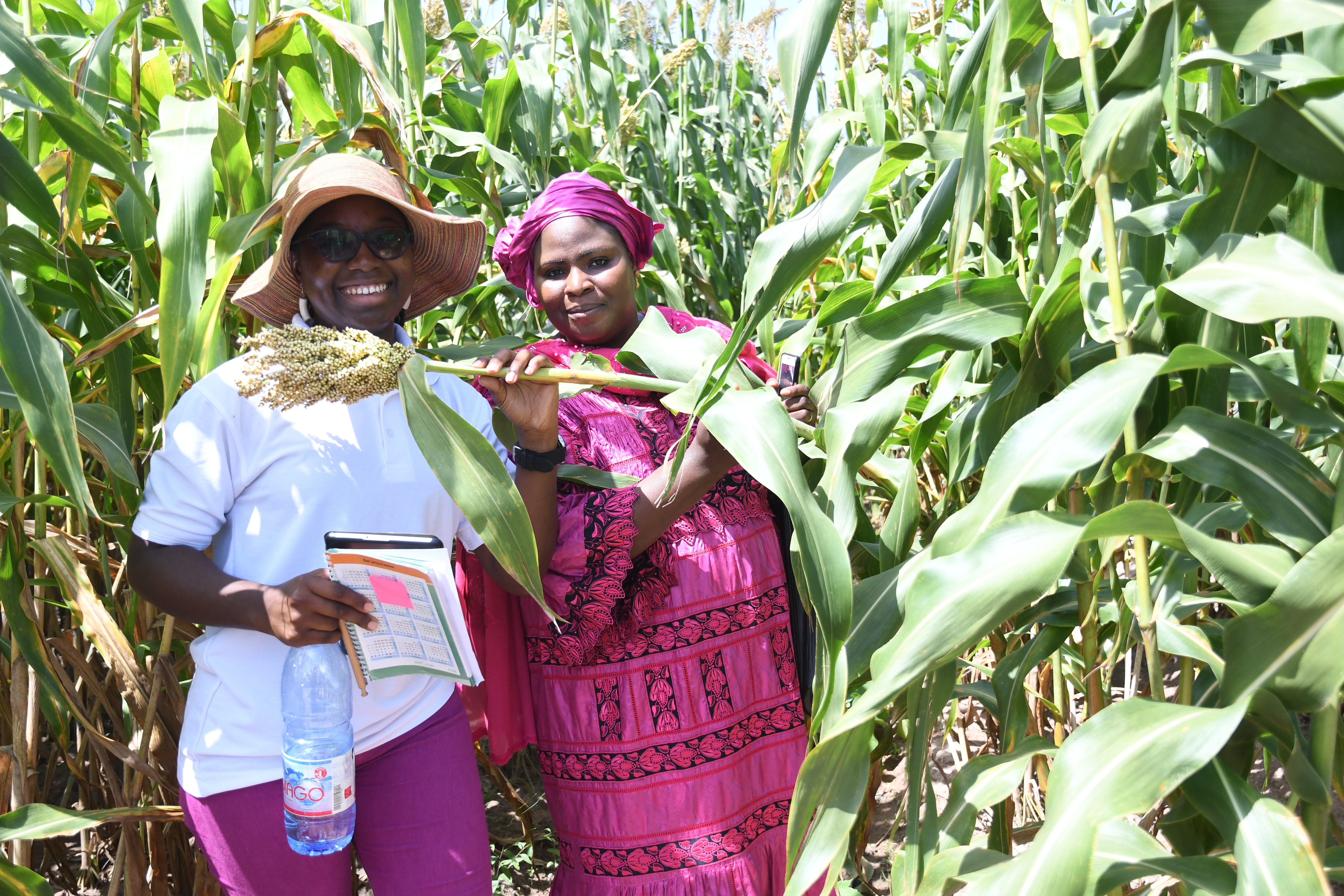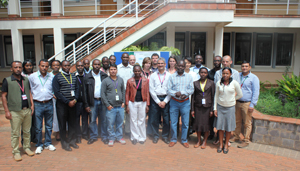Kenya has achieved the commendable status of lower-middle-income in recent years, showcasing remarkable progress. Nevertheless, it is essential to acknowledge that the advantages of this increased prosperity have not been uniformly distributed among all Kenyan citizens. Despite this, there is ongoing dedication to addressing challenges and ensuring more inclusive growth.
While Kenya grapples with the task of ensuring universal access to adequate and nutritious food, particularly in arid and semi-arid regions covering 80% of the nation's land area, it is important to note the various contributing factors. Challenges such as rapid population growth at approximately 2.9% per year, climate change impacts, stagnant agricultural production, and inefficiencies in food systems are being actively addressed. The focus remains on supporting communities, especially those in rural areas, who, despite facing poverty, are resilient and rely on daily agricultural labor for their livelihoods.

Malnutrition rates in Kenya pose a concerning challenge, with 29% of children in rural areas and 20% in urban areas experiencing stunting, indicative of chronic undernutrition.
While agriculture remains the cornerstone of Kenya's economy, its susceptibility to climate shocks is a notable concern. Unpredictable rainfall patterns and recurrent droughts present significant hurdles to agricultural productivity. Approximately 95% of the country's crops depend solely on rainfed agriculture, exposing the sector to climatic uncertainties and soil erosion, hindering its potential for sustainable growth.
Addressing these challenges necessitates collaborative and innovative efforts. By advocating for climate-smart agriculture, improving water management practices, enhancing soil health, and adopting resilient crop varieties, Kenya can establish a more sustainable and productive agricultural sector. Prioritizing investments in rural infrastructure, facilitating access to credit, establishing market linkages, and providing capacity building are crucial steps to empower smallholder farmers and bolster their resilience in the face of climate change.
ICRISAT, through collaborative partnerships and research-driven solutions, remains committed to supporting Kenya's agricultural sector. By leveraging scientific expertise, fostering innovation, and actively engaging communities, our aim is to contribute to a more food-secure and prosperous future for Kenyan farmers and communities.
ICRISAT's association with Kenya dates back to 1981 when we initiated the Semi-Arid Food Grain Research and Development Program (SAFGRAD), primarily funded by the United States Agency for International Development (USAID). Since then, ICRISAT's office in Kenya has served as the regional hub for Eastern and Southern Africa (ESA), working in close collaboration with other ICRISAT offices in Ethiopia, Zimbabwe, Malawi, and Mozambique.
Our Kenya research station is equipped with innovative facilities, including genomics laboratories, a seed storage facility, and multiple experimental fields. Notable among them are the Kiboko Farm, a 12-hectare irrigated land, Alupe Farm, Kampi Ya Mawe Farm, and the University Farm. These resources enable us to conduct cutting-edge research and develop innovative solutions to address the challenges faced by dryland agriculture in the region.
Our focus in Kenya has been on building resilient livelihoods by promoting climate-smart agricultural technologies and improved varieties of dryland crops. Working in collaboration with the Government of Kenya, we prioritize traits such as drought tolerance, short to medium maturity duration, low external input requirements, climate-change resilience, and nutrient recycling in breeding improved crop varieties suited to the country's diverse agro-ecological conditions.

In 2015, ICRISAT, together with the Seed Traders Association of Kenya (STAK), established the Hybrid Parents Research Consortium for Sorghum. This pioneering initiative employs a public-private partnership approach to strengthen the seed industry and ensure the supply of high-performing hybrids to smallholder farmers across Kenya.
Through our research, capacity-building programs, and partnerships, we are dedicated to enhancing the productivity, resilience, and sustainability of agriculture in Kenya. By leveraging our expertise and collaborating with local stakeholders, we aim to empower farmers, improve food security, and foster economic growth in the country's dryland regions.
or scan the QR 
Sorghum
Pearl Millet
Chickpea
Pigeonpea
Groundnut
Finger Millet

ICRISAT - Kenya (Regional hub ESA)
Nairobi
Phone: +254 20 7224550
Fax: +254 20 7224001
Email: icrisat-ken@icrisat.org
Address: PO Box - 39063, Nairobi, Kenya
11 Feb 2026